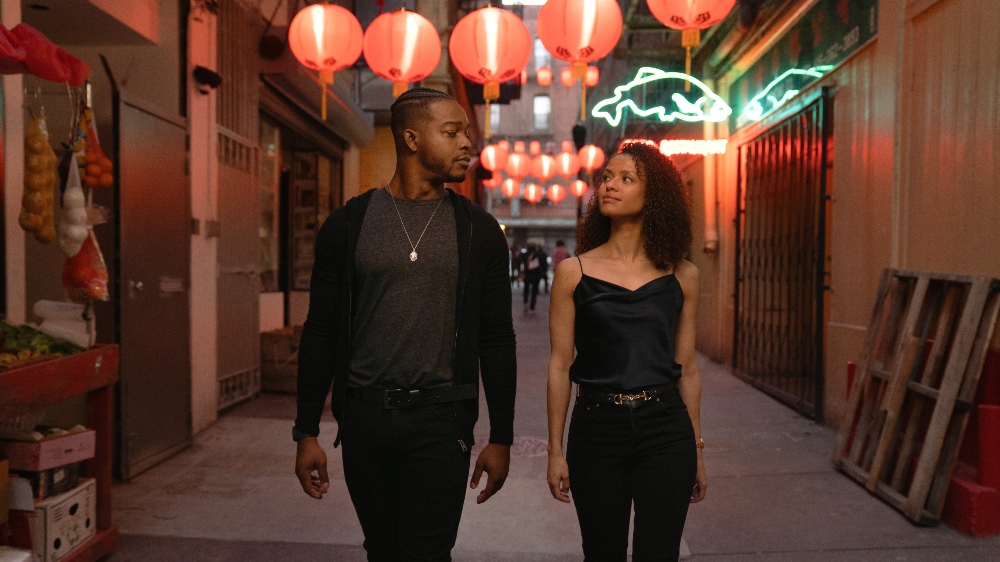
Ólafur Arnalds is one of Iceland’s foremost musicians and composers, but when he set out to write film and television scores, he hadn’t anticipated the fundamental difference between his career as a recording artist, writing songs for full-length albums, and breaking into the world of the two-minute song cue. Rather than get frustrated, Arnalds was excited to shift gears and learn a new set of musical parameters. His hard work resulted in the 2014 BAFTA award for Best Original Music for Broadchurch, and the 2020 Emmy Award for Outstanding Main Title Theme Music for Defending Jacob.
In addition to his scoring duties, Arnalds’ passion for neo-classical music continues unabated, as he often sells out the audio/visual experiences he performs in some of the world’s most prestigious live venues, including The Royal Albert Hall and Sydney Opera Hall. Arnalds recently shared the stage with a string quartet, a drummer, a keyboard player, and pianos — along with multi-media visuals — to support his latest album, the Grammy-nominated Some Kind Of Peace.
Arnalds recently spoke to Below the Line from his home in Iceland during a break from his current live gig, and he talked about scoring the soundtrack for the Apple TV+ series Surface starring Gugu Mbatha-Raw as Sophie, the show’s protagonist. He explained how he was tasked with getting inside Sophie’s head through atmospheric music that evoked images of being underwater, both physically and mentally.
Taking advantage of his recording prowess, the cues he created were later released as a 17-track download on Apple Music, so fans can enjoy the music of Surface as a full-length album. Arnalds also revealed that his often ethereal music has been used as a backdrop for yoga classes, which he admits can be a little distracting while trying to hold a downward-facing dog pose.
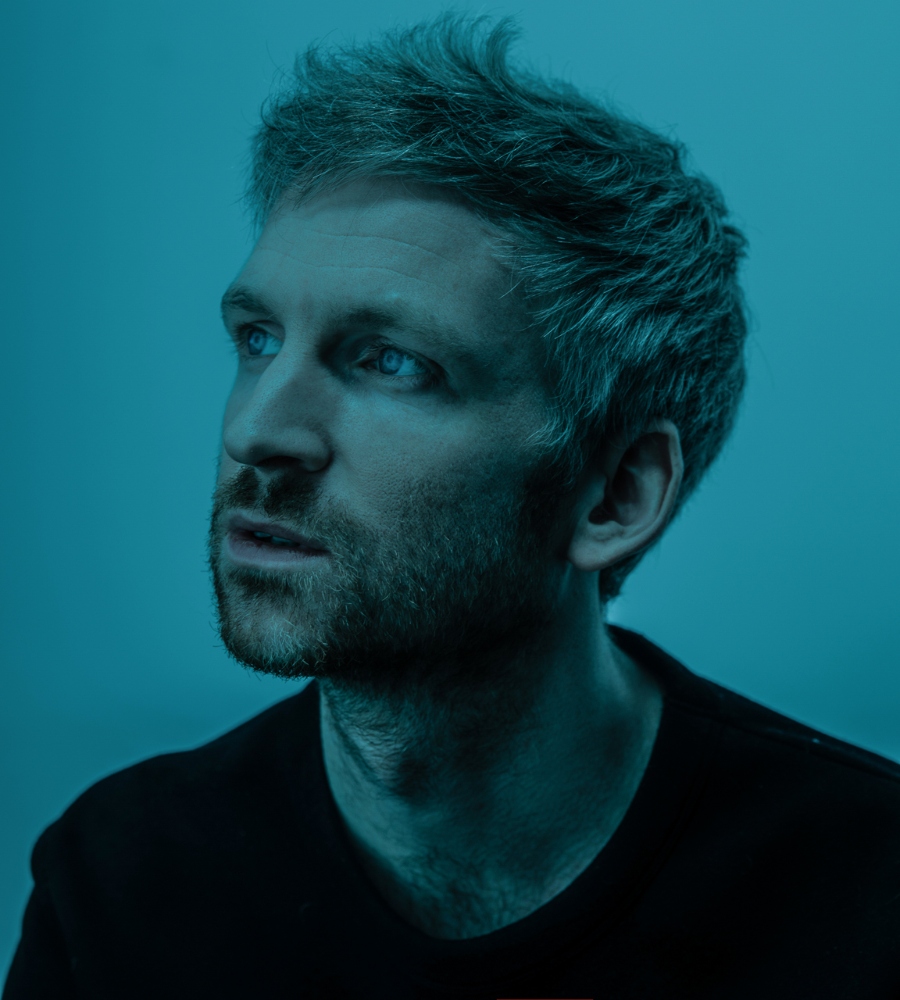
Below the Line: How did you get your start in the film composing world?
Olafur Arnalds: Funny enough, when I started making music, I wanted to be a film composer, but I was, like, 16, so no one would hire me, obviously. [laughs] So I started releasing the music that I was writing. I put it up online and I ended up getting a record deal and I released a bunch of records. Only after [did] all [these] people start noticing — ‘oh, maybe we should hire him for a movie.’
BTL: What was the first film you scored?
Arnalds: The editor of the film Another Happy Day was a fan of my music. Editors work so closely with the directors (Sam Levinson, who went on to create Euphoria) and when they start editing, they throw temp music in there to help them shape the cut. He was putting my music all over the film. It was a really cool, quirky film. So Sam or Ellen Barkin called me up and said, ‘Hey, we’ve been temping the film with your music. Would you like to actually score it?’ That was the first film I did. I think very often it happens in this way after hearing the music on the edit timeline.
BTL: How did you come to work on the Apple TV+ series Surface?
Arnalds: I have worked with some of the same people at Apple when I did some music for Defending Jacob. I did the main titles there. What the director Sam [Miller] told me was that he was looking for something that sounded quite introverted. The music needed to fill the gap of what is actually happening inside Sophie’s head. That is one of the few things where no other medium like the camera or the acting can really fully say that, but the music can. That became the role of the music, and what I do fit for that, somehow.
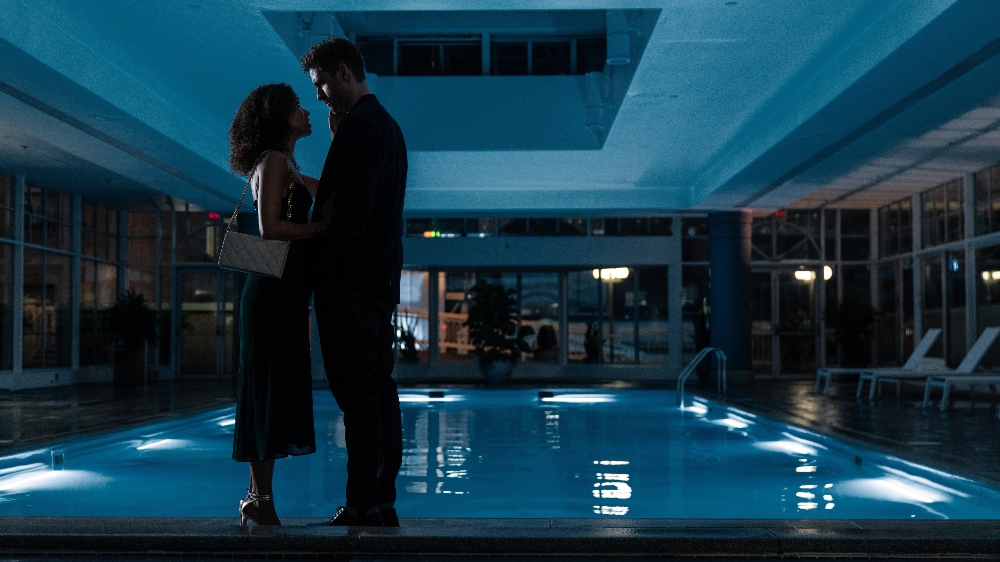
BTL: Describe how your music illustrated those directives of being inside Sophie’s head, who in the story is going through an identity crisis.
Arnalds: The instrumentation is basically just a bunch of electronic things. The way I mangle them is the important part, as I was running everything through tape machines and equipment that helps to deteriorate the sound and make it feel less full [and] less complete, like something is missing. It’s almost a nostalgic quality. We did that to help tell the story of her memory loss. Even when there’s music it is slightly off, out of tune or wobbly, distorted, and not fully there. That was the concept I came up with to treat any of the music with this technique.
We actually have a theme, “The Runaway Theme,” when she is running, which is very abstract and not musical. The source is the tape loops that I created for a bunch of different electronic sounds. Then we cut it up so it would repeat itself, like the sound a CD makes when it’s scratched. Me, Sam, and [Creator] Veronica [West] talked about those moments when you are fully in your head. In the early stages, [we] discussed putting songs in there that she might be listening to, but [they] didn’t really help the story. We must’ve used that cue 10 times in the show, at least.
BTL: What were the instruments that you used to manipulate the sounds?
Arnalds: There are quite a lot of violins in the cue “Horse Ride.” There’s all that percussion and a bunch of synthesizers. Using strings is one of those rare moments where they just get to you. We didn’t mangle with that too much because Sophie is actually herself so that cue is a bit different from the rest.
BTL: How did you create the music cues to evoke emotion for the scene?
Arnalds: For the cue “Awake” where she doesn’t quite know where she is when she wakes up, I wanted to start with a bittersweet sound. We open the show with things being fine but there’s an underlying layer that something else is going on. There’s sadness inside her heart. The cue “New Home” is from Episode 6 where we go back in time. We are visiting the moment where Sophie and her husband just bought the house. It still has that bittersweet feel but there is more happiness.
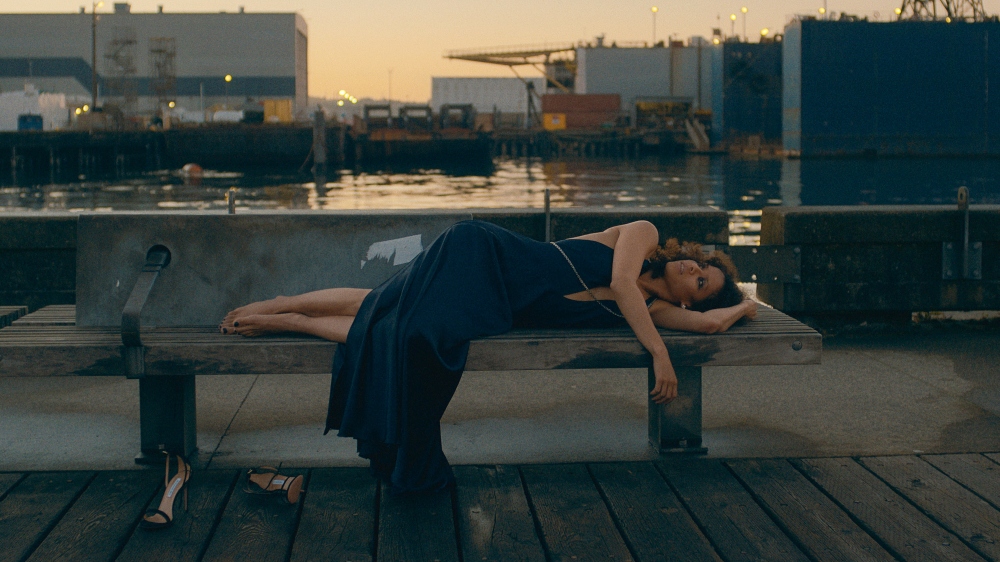
BTL: The music almost feels watery, in a way, with sounds that recall the ocean at times.
Arnalds: I think that’s true and it was kind of semi-intentional. One of the first scenes that I actually scored was the opening scene in the first episode where we just open up with her in the water. We loved that theme (“In The Water”) so much that we started using it everywhere, so I guess it just always relates back to that scene in the water. It’s not a very clear theme; it’s like three chords. I would barely call it a theme, it’s a concept. [laughs]
BTL: Your music sounds like it could be accompanying a yoga class or a massage.
Arnalds: I guess that makes sense. If you go on Spotify and type in “yoga,” my music will be on there. It can be awkward when I’m going to yoga class. Almost every time there seems to be some of my music playing in that community. [laughs] Of course, I’m very happy [about] it. It takes you out of your head in the yoga class!
BTL: What’s interesting is you started out as a recording artist, but as a film composer the cues are so much shorter. Does that get frustrating for you?
Arnalds: Yes! [laughs] Movies tend to allow for longer cues than TV shows. The format for TV shows, sure there are scenes where you can write music for a full five-minute sequence and you get to do all the dynamics. But a lot of music for TV shows doesn’t have that purpose. It has the purpose to connect us from one place to another. That’s why they tend to be short and maybe more of a tool for the editor rather than a piece of music. Often they end up being quite nice pieces of music, but they’re frustratingly short.
BTL: How do you overcome that frustration?
Arnalds: What I like to do with the soundtrack release is, I had to put several things together to package them into longer songs. This soundtrack is meant to be listened to from beginning to end. I’m not really thinking about it as [made up of] tracks. If you just listen to the whole thing, it just feels like a piece of music, and then it doesn’t really matter what it says behind the title [on] Spotify. That little number (the length of a cue) is just a chapter in a longer piece.
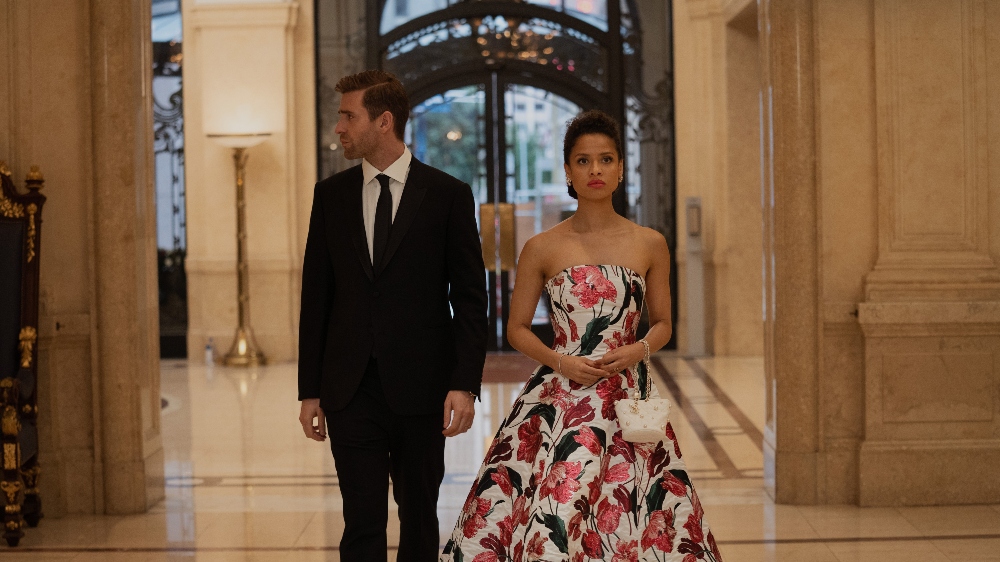
BTL: So it must’ve been very satisfying to write the longer cues, no?
Arnalds: “What We Had” is two pieces put together. These are pieces from Episode 5 and Episode 6. Both of those moments in the show, which relate to the relationship between Sophie and James (Oliver Jackson-Cohen), are kind of [revealing] to her that not everything is as it seems. It was quite long and I had a great opportunity to write, like, a real piece for those moments. I don’t think I spent as much time on anything else in this score as those moments. [I thought,] ‘finally, I can make a song here.’ But then, of course, those versions don’t make sense on a soundtrack, so I had to cut them both in half and then put them together.
BTL: Did you have a favorite cue to write?
Arnalds: “The Past Is The Past” was one of my favorites to score because I had the wonderful privilege of my score crossing over with a song from one of my favorite artists, Floating Points. His music “LesAlpx” from the album Crush is playing in the club. I had the privilege of getting to write music on top of what he’s doing. One of the reasons why I do projects like this is for someone to nudge me in a new direction that I wouldn’t otherwise have found on my own. This is one of those moments where I ended up in an unexpected place. It’s the end of this very long sequence that is most of the episode [involving] Sophie’s psychedelic journey. She exits the club and hallucinates a little on the street. It ends with us feeling like she jumped into the ocean. It’s like hitting rock bottom for her.
BTL: What do you want audiences to come away with when they hear your music?
Arnalds: I still think it’s very important for music to be able to live on its own. I try to keep [this] in mind when making the score. First and foremost, it’s there to serve a purpose, but I would not be interested in doing this if the music [wasn’t] able to have a life of its own as well. We try to arrange the soundtrack to provide a good listening experience without the show. It also works to create the atmosphere of the show, and I’m very happy with that.
Surface is now streaming on Apple TV+ and you can click here to read our interview with creator Veronica West.





